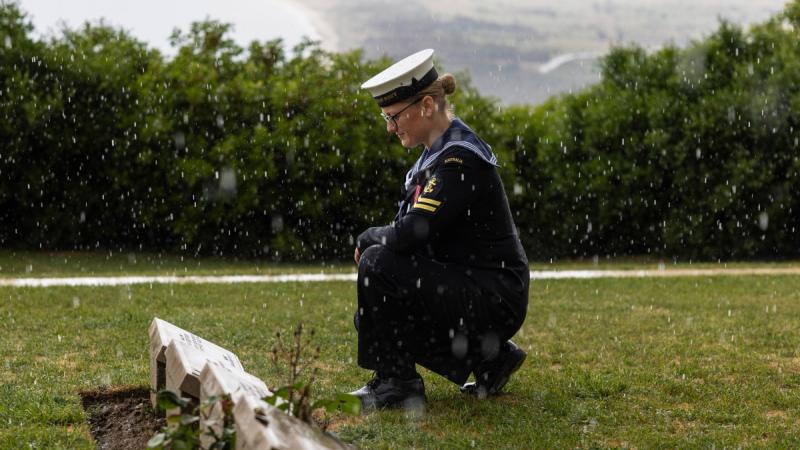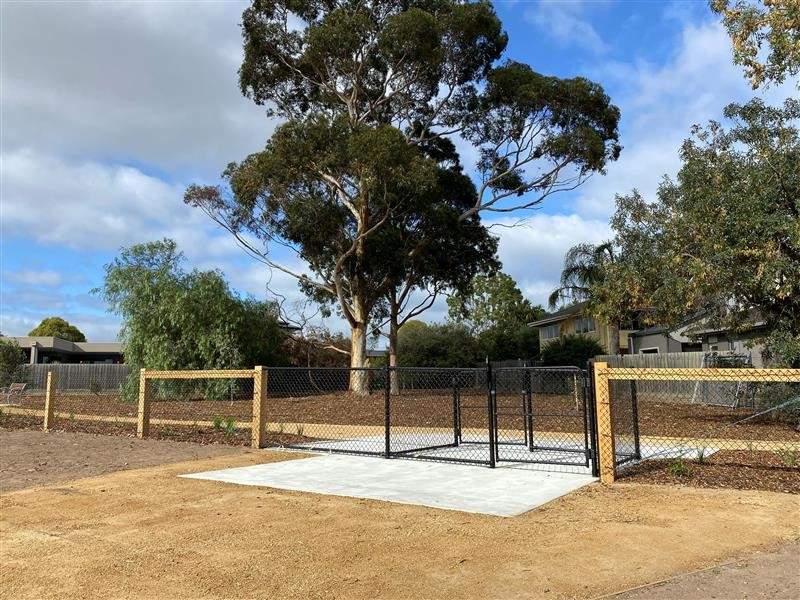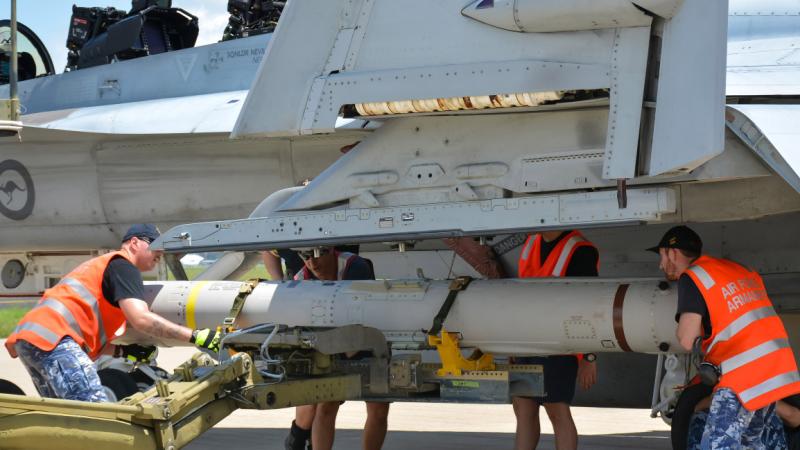IDLIB, Syria – As Syria marks six months on from an earthquake that claimed the lives of over 8,000 people, 2.3 million women and girls have been left without access to medical care, particularly sexual and reproductive healthcare. With hospitals and clinics destroyed by the quake and attacks on healthcare facilities common, pregnancy, childbirth, and caring for infants, has become perilous and challenging for women who have already borne the brunt of 12 years of conflict.
“Giving birth should be a happy, joyous occasion for any mother, but instead, for women in north-west Syria, it has become a dangerous assault course of obstacles,” said Alam Janbein, ActionAid’s Syria-Türkiye Humanitarian Response Lead.
“All women have the right to carry a child and give birth in a safe, caring environment. However, as we see too often, in emergencies it is women’s needs that are first to be deprioritised,” she added.
4.6 million people are trapped by conflict in north-west Syria. Eighty per cent are women and children who live in overcrowded conditions, in temporary displacement camps, in the province of Idlib. For women living in camps, travelling, even for urgent medical care such as caesarean sections, premature labour, or children needing emergency assistance, has become almost unviable. Long distances, shelling, lack of transport and money and damaged infrastructure, are just some of the obstacles they face.
ActionAid is supporting local Syrian organisation Violet, to run one of two hospitals in Idlib.
Hospital Coordinator, Dr Waseem Bakir says:
“There is a huge gap in healthcare here that we must address. Approximately 85,000 people in this region alone rely on our care. Long distances and the rapid increase in the numbers of displaced people living in nearby camps, makes our hospital a vital necessity.”
“The biggest challenge facing medical facilities however, particularly in northern Syria is the scarcity of medical staff, especially gynaecologists. Pregnant women here have been without care for almost a year.”
Dr Waseem and his staff are providing services to families living in 58 neighbouring IDP camps, most of whom are women and children.
At the hospital medical staff from doctors, to midwives, to nurses, have been working against all odds and around the clock to deliver care to pregnant women, newborn children and infants.
Ghufran, a midwife working at the newly funded maternity ward, who was delivering babies when the earthquake hit, says their services are essential:
“After the earthquake occurred, many women came to us, frightened and terrified.
“The earthquake caused some women to miscarry, and we witnessed premature bleeding for many in their first and second trimester. Some experienced high blood pressure. It was horrifying for these mothers.”
“Women here, like anywhere, need midwives, prenatal and postnatal care. We monitor pregnancy and provide vital checks on the health of pregnant woman and their unborn babies. When there’s bleeding, we spot it. When there’s diabetes or hypersensitivity, we monitor it. If women have a miscarriage, we provide vital care.”
“We also carry out important postpartum checks on new mothers and their babies.”
Life in displacement camps across Syria is harsh, especially amid record temperatures and a grinding economic crisis, as war continues. With the spiralling cost of living crisis, rates of child marriage are increasing in communities across the region – which Khadija, an assistant surgeon at the hospital, says is very dangerous for teenage girls.
“One of the biggest dangers we have encountered during this period of civil unrest is child marriage,” Khadija said.
“Child marriage causes many health problems for girls. They become pregnant before their bodies are ready, at 15 or 16 years old, which can result in premature births. Premature babies here cannot survive in the conditions they are born into.”
In the aftermath of the earthquake, the cost of everyday essentials jumped up by 40%, putting additional strain on families already on the breadline. In many contexts across the world, child marriage can be a negative coping mechanism to relieve economic hardshipi. With parts of the Middle East facing the highest levels of food inflation in the world, teenage girls are at even greater risk.
“Pregnancy, childbirth and childcare do not stop in a crisis. As we focus on recovery in Syria, services for women and children must be front and centre of the international response, and their protection should be prioritised.” said Janbein.
“Though the earthquake only lasted a few minutes, the toll on women and girls could well last a lifetime.”








